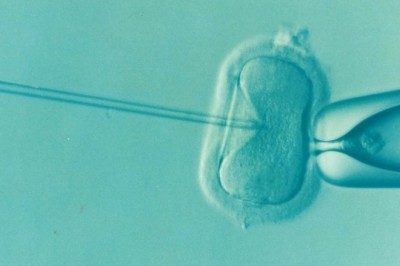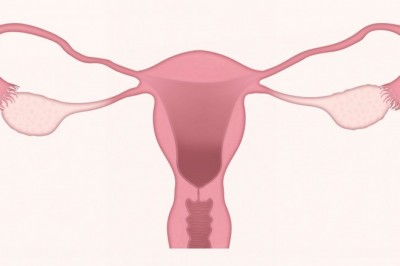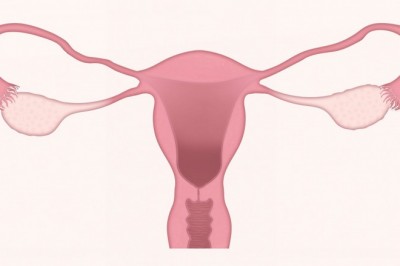Female Sterilization - Should A Woman Go For The Essure Device?
Those women who opt to be sterilized will generally choose to undergo the procedure known as tubal ligation. However now there is another method of female sterilization which some women are selecting known as Essure, a permanent birth control device.
With this form of female sterilization, there isnt the need for a woman to undergo a surgical procedure as they would if they chose to have a regualr tubal ligation performed. This device blocks the fallopian tubes so any eggs released from the ovaries will be unable to reach the uterus. This also means the sperm cant get into the fallopian tubes where one would fertilize the egg.
With this particular form of sterilization, there is no need for the woman to spend any time in hospital before or after the procedure is carried out. It can be done in the doctors office using various forms of numbing shots and relaxants but no general anesthesia unless the woman wishes it. The Essure device is a spring-like device which is inserted into the opening of the fallopian tubes through the womans uterine cavity using a hysteroscope.
After the Essure device has been correctly positioned within the fallopian tubes, it will expand to then fill up the opening to them. Then gradually the tissue around the device will become scarred and so cause a tubal blockage that will then hopefully prevent the eggs from coming into contact with any sperm.
As you can see from the description above, this is considered a permanent form of female sterilization. However, there are also certain other things which will need to be taken into consideration regarding this device for those women considering using the device. Below we take a look at some of the risks associated with this method of female sterilization.
1. It is crucial that the device is placed in the correct position when being inserted because otherwise there is a very great chance that the woman could get pregnant again if it is not placed correctly. In fact, about 1 in 7 women do not get the proper placement on the first go round.
2. There is some risk of the device perforating the uterus or the fallopian tubes. In addition, some have reported the device coming loose and then floating within the uterus or getting into the abdominal cavity. Think about it. This is a device with a special type of filament designed to induce scarring.
3. As we mentioned above if the Essure device is fitted incorrectly, then there is a greater chance of a woman becoming pregnant once more. But there is also a greater chance of the woman suffering an ectopic pregnancy.
4. Though the fitting of this particular female sterilization device does not require the woman to be given a general anesthetic to undergo it, other types of drugs will be given and there can be some complications.
5. When the Essure device has been fitted there is a great chance that some women may find they suffer some unwanted side effects. The kinds of problems they may be faced with including vaginal bleeding, changes to their menstrual cycle, stomach cramps and abdominal pains as well as some feelings of nausea. They may vomit or even faint. This can be due to the drugs or to the insertion of the devices.
6. Do some research on the http://www.womens-health.com/boards/birth-control/6693-essure-failure-5.html and http://www.aphroditewomenshealth.com/forums/ubbthreads.php?ubb=showflat&Number=192490 message boards for anecdotal stories of different womens experiences with Essure. Check out how many women end up with hysterectomies after problems with the device.
Though the FDA have approved the Essure device as a perfectly safe method of female sterilization, actually having it removed later on should the woman decide to have more children is complicated. However, a reversal process, not just removal of the devices, has been done by two different surgeons at the time of this article. Knowing the general statistics of the success rate is really not known as the number of reversals done is quite low at this time. But if you wish for a reversal it is possible.
An Essure reversal can be done by Dr. Gary Berger of the Chapel Hill Tubal Reversal Center. With his vast experience as a tubal surgeon, he is your best choice to reverse this form of female sterilization. Check him out and the info available too at http://www.tubal-reversal.net/


























